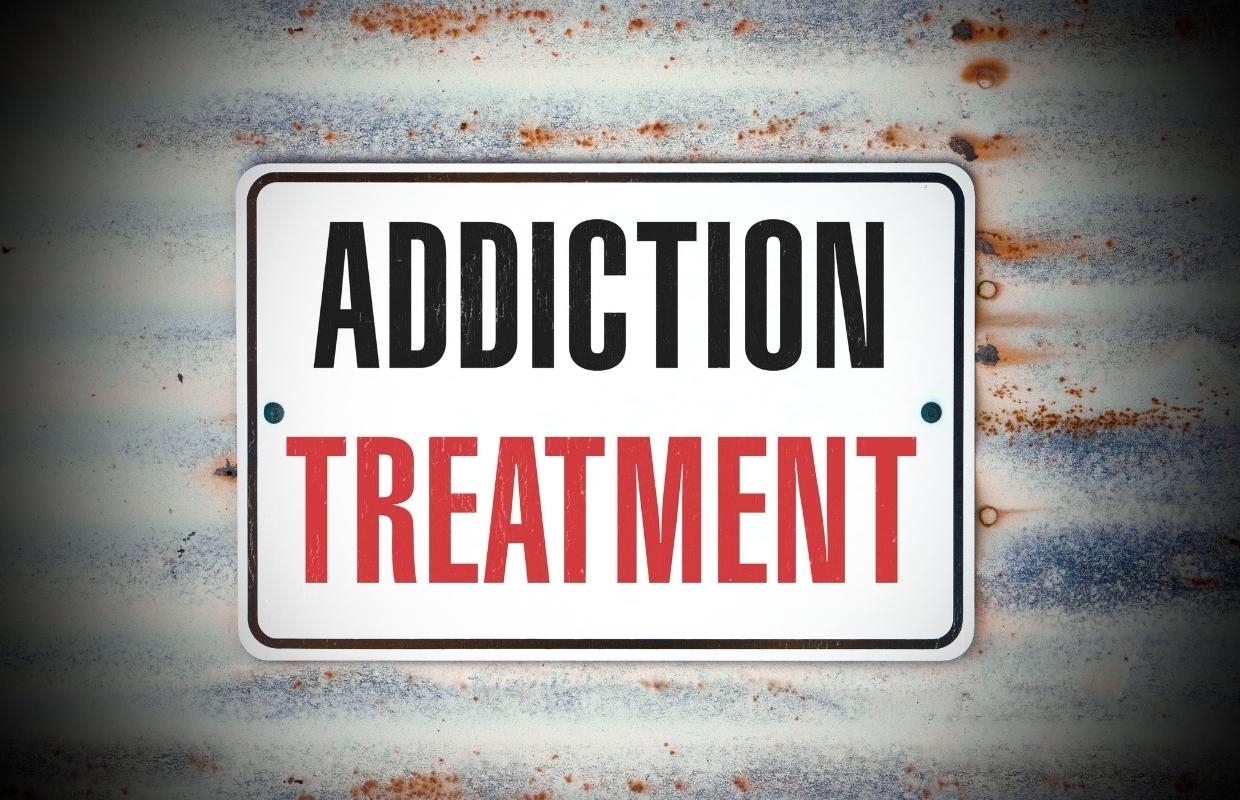FDA-approved Medication-Assisted Treatment can reduce cravings in recovery.
Key Kind Of Dependency Therapy: Browsing Alcohol Dependency Recuperation Via Evidence-Based Practices
In the world of alcohol dependency healing, the combination of Cognitive-Behavioral Therapies (CBT) and Medication-Assisted Therapy (FLOOR COVERING) notes a crucial stride in the direction of effectiveness and patient-centered treatment. CBT provides a structured path to reframe damaging thought patterns, while MAT provides a biochemical foothold versus the physical adversities of withdrawal. When these evidence-based methods are supplemented with holistic approaches, such as mindfulness and dietary support, they develop a robust structure for treatment. The journey with these techniques provides distinct obstacles and end results, laying bare the inquiry of how these treatments concretely converge to cultivate sustained healing.

Comprehending Cognitive-Behavioral Treatments in Alcoholism Healing
As alcohol addiction recuperation progresses, cognitive-behavioral therapies (CBT) have emerged as a cornerstone in reliable therapy methods. addiction treatment center. Treatment focuses on determining these negative patterns and mentor individuals just how to test and change them with even more constructive reasoning. The versatile nature of CBT permits it to be tailored to the unique needs of each individual, enhancing its efficiency in the world of alcohol recuperation.

The Role of Medication-Assisted Treatment in Handling Withdrawal and Desires
Medication-assisted treatment (MAT) plays a vital duty in the management of withdrawal symptoms and cravings in people recovering from alcoholism. Floor covering includes the usage of FDA-approved medicines such as naltrexone, disulfiram, and acamprosate, which help in reducing the physical and mental prompts to drink, facilitating a smoother and a lot more manageable detoxification procedure. These medicines run by modifying brain chemistry to reduce the rewarding effects of alcohol, maintain mood swings, and reduce physiological reliance. This pharmacological technique, when combined with therapy and behavior treatments, improves the possibilities of long-term recuperation. Such combination supports the retention in therapy programs and adds substantially to stop regression, marking MAT as a cornerstone of efficient alcohol dependency treatment.

Integrating Holistic Techniques With Typical Treatments for Comprehensive Treatment
While medication-assisted treatment gives a foundational technique to alcohol recovery, integrating article source all natural methods with typical treatments offers an extra thorough treatment version. This synthesis enables the therapy of the entire individual, dealing with not just the physical aspects of addiction but also the psychological, psychological, and spiritual measurements. Methods best rehab centers such as mindfulness, yoga exercise, and acupuncture complement cognitive-behavioral treatment (CBT) and group sessions, supporting stress and their website anxiety decrease and psychological law. Nourishment and workout programs further enhance physical health and resilience. By combining these diverse strategies, treatment programs can customize treatments to specific demands, advertising a much more sustainable recovery. This integrated strategy emphasizes the value of a multifaceted strategy in the effective treatment of alcoholism.
Final Thought
In conclusion, effective alcohol dependency healing leverages a combination of evidence-based practices. Cognitive-Behavioral Therapies reframe negative reasoning, while Medication-Assisted Therapy tackles the physical challenges of withdrawal and desires.